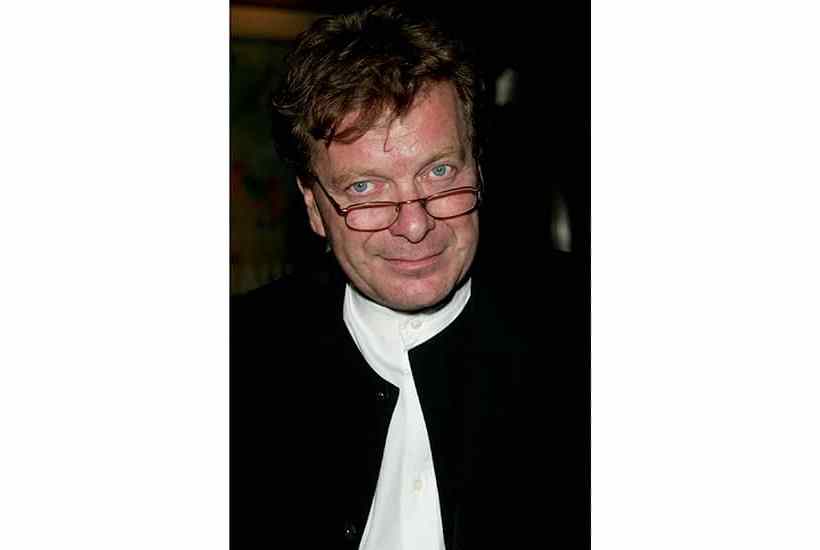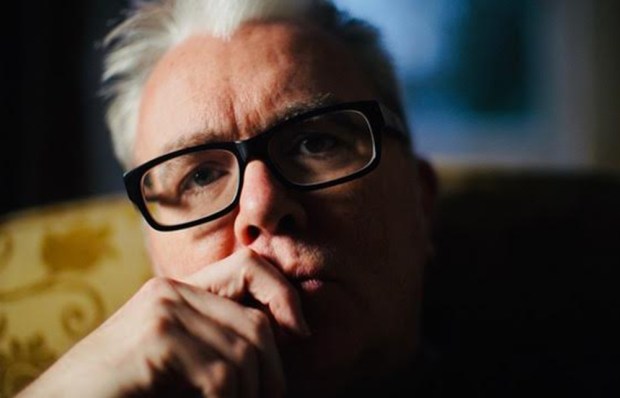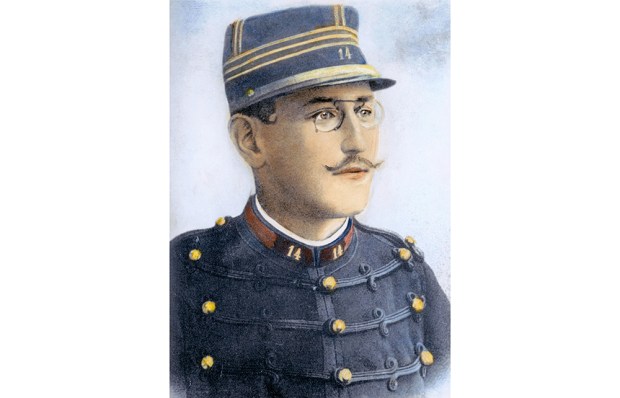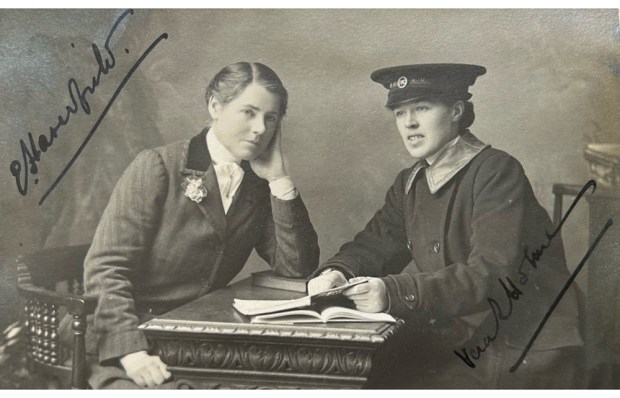To many people Tony Wilson was a bigmouth Mancunian, brash music impresario and jobbing television presenter. But to the generation that came of age in the late 20th century he was a guide to the future. We have him to thank for ushering in the strangest, most revelatory pop music to the cultural mainstream. Wilson was among the first to spot the significance of catalytic bands such as the Sex Pistols, Joy Division and Happy Mondays and to champion them through his countless media projects.
Factory, the scrappy record label he co-founded in 1978, produced some of the biggest-selling records of the 1980s, with a spirit of ‘subversion through inefficiency’. Wilson opened the Hacienda in 1982, the best nightclub in the city. If you went to a Manchester gig, there he would be, always observing. Relentlessly confident, verbose, resourceful, slightly irritating: he accelerated popular culture with a combination of praxis and journalistic skill. And he took it seriously, at a time when most intellectuals didn’t.
Fourteen years after his death, he belongs to a distant age of pop culture shaped by taste-makers: scheduled broadcast television, a management-led music industry and sequential youth trends. Today, that culture is mostly self-selecting. Yet Wilson is still everywhere, from the soon-to-be opened Factory arts venue in Manchester, named after his label, to a major exhibition in that city on Factory’s formative years. Paul Morley’s biography is as illuminating on Wilson’s strange ability to hold others in his orbit, even after his death, as it is on the story of his life.
Morley is no cool, objective eye. The former NME writer was a teenage fanzine contributor in 1977 when he first met Wilson. He was in awe of him (‘he threw razzle-dazzle all over me’), and says he was his subject’s ‘elected choice’ of biographer, though the commission was never discussed. He reminds us several times of how Wilson described him as ‘the greatest writer of his generation’, though Wilson was given to flattering people, especially those from whom he wanted favours. (Morley was expected to champion Factory’s early releases in the music press, and he did — so much so that his NME editor thought he was too biased to review Joy Division’s debut album.)
In many ways, Morley seems to be still processing their relationship: the Wilson-arranged Granada job interview that Morley flunked; Morley’s expulsion from — then readmission to — Wilson’s entourage; their various squabbles. We learn about them all.
And he piles on the adjectives. He loves descriptive language as much as he loves lists and tangents. There are 600-odd pages here, including lengthy recollections, interviews and jottings. All that verbosity is sometimes distracting, but mostly it is fascinating.
He is particularly deft on the forces that shaped Wilson: born in 1950s Salford; an unremarkable upbringing by a remarkable mother; grammar school; then an English degree at Jesus College, Cambridge, which led to a career in television. Granada, the north-west regional station, had an unusually progressive ethos, and its management indulged Wilson’s pop-culture fascination, allowing him to front the local teatime pop show What’s On and the more ambitious late-night programme So It Goes in 1976, the first TV show to feature the Sex Pistols.
Two of Wilson’s formative encounters explain much about him. The first was with Raymond Williams, the Welsh socialist and cultural theorist and Wilson’s Cambridge tutor, whose 1958 essay ‘Culture is Ordinary’ called for an anti-elitist approach to the arts to prevent the disintegration of society. ‘Culture is ordinary; you should not have to go to London to find it,’ he wrote. Wilson’s other great intellectual passion was the Situationists, the French avant-garde theorists who believed reality in capitalist societies is reduced to commodifiable fragments. Morley points out that access to their literature in the early 1970s would have been limited to occasional pamphlets, ‘their rareness giving them extra magical powers’.
Being another Mancunian (or near enough), Morley is particularly good on Wilson’s regionalism. He explains how Wilson positioned himself as two people:
An insider… loving to operate from a position of power (his intellect and television stardom), but also very much an outsider (a zealous northerner in a southern-centric country), and as an assiduous combination of amateur and professional.
He also has a talent for making fanciful theories persuasive. He sees Wilson in the lineage of great English visionaries, and makes a convincing case for understanding him and his Factory acolytes as a neo-Victorian brotherhood — some kind of late-20th-century version of the Pre-Raphaelites.
But brotherhoods are full of men. Women are adjacent to Wilson’s story, as wives, girlfriends, creative collaborators and employees. Morley is sensitive to this, and he does interview them. But there isn’t much reflection, and we are left to piece together the extent of women’s contribution, the boring business of turning Wilson’s grandiose plans into reality and the inevitable emotional fallout.
Wilson’s exceptional gift was the packaging and contextualising of talent. It is the detail on his methods as the arch networker that makes this book so compelling: his unquestioning belief in young musicians and his insistence on promoting art in society. His gravestone in Manchester’s Southern cemetery describes him as a ‘cultural catalyst’. It is no exaggeration.
Got something to add? Join the discussion and comment below.
Get 10 issues for just $10
Subscribe to The Spectator Australia today for the next 10 magazine issues, plus full online access, for just $10.
You might disagree with half of it, but you’ll enjoy reading all of it. Try your first month for free, then just $2 a week for the remainder of your first year.














Comments
Don't miss out
Join the conversation with other Spectator Australia readers. Subscribe to leave a comment.
SUBSCRIBEAlready a subscriber? Log in